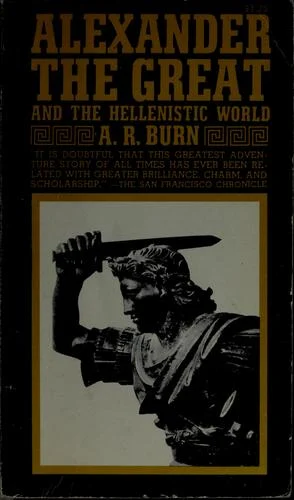✍Quote:
...and in his
own name and that of the people of Thessalonica he offered the city to the
Venetian Signoria, asking only that it should be governed “according to its
usages and statutes”; that the Orthodox metropolitan of Thessalonica be
confirmed in his ecclesiastical charge; that the greek inhabitants should
retain their local rights of jurisdiction…
📖“The
Papacy and the Levant, 1204-1571 Vol. 2: The Fifteenth Century” By Kenneth
Meyer Setton, pages 19-20
✍Quote:
In
Thessalonica the churches of S. Demetrius and the holy wisdom were bestowed
upon the latin clergy. Boniface is declared to have been severe in his
exactions of money from the greek natives of Thessalonica and in his
commandeering of the best houses in the city as quarters for his men.
He wanted
to create a strong, compact state comprising Macedonia, central Greece, and the
northeastern Peloponnesus.
He set up a regency in his new capital under
his wife Margaret of Hungary, the widow of Isaac Angelus, whom he had married
but shortly before, as we have seen, to establish a connection with the dynasty
of Angeli, and to win such support among the Greeks as this association might
bring him.
📖“The
Papacy and the Levant, 1204-1571” by Kenneth Meyer Setton , page 21
✍Quote:
On 14 July
1429, the Senate gave formal replies to a detailed petition presented by an
embassy representing the Greek population of Thessalonica, showing that the
inhabitants had become disenchanted with Venetian rule as they years had
passed.
📖 The
Papacy and the Levant, 1204-1571 Vol. 2: The Fifteenth Century By Kenneth Meyer
Setton, page 28
✍Quote:
He
[Vatatzes] pushed on into the far northwest, taking Velbuzd (Kustendil) on the
upper Strymon; moved south taking skopje and Stip in the vardar region then
through Veles, Prilep and Pelagonia in the plains of Monastir; and eastward
again to the Vardar where he took Prosek.
I was a
triumphant progress from beginning to end, but the end was not yet, In less
than three months Vatatzes had overrun all southwestern Bulgaria.
📖“The
Papacy and the Levant, 1204-1571” by Kenneth Meyer Setton,page 62


.png)












.jpg)































